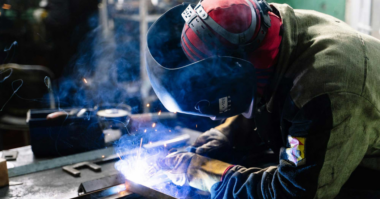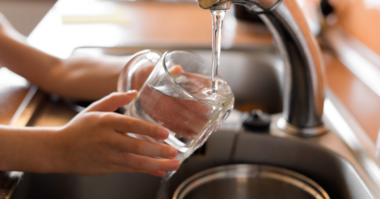Precision Polymer Engineering (PPE), one of the world’s leading manufacturers of high performance molded elastomer seals has just announced it has completed a series of successful Sour Gas tests to NORSOK M710 Annex A (ageing of elastomeric materials) to confirm the resistance and durability of a number of its elastomer material grades to the effects of high concentration sour gas (hydrogen sulphide).
Sour gas (hydrogen sulphide or H2S) can have very detrimental effects on elastomers, non-resistant elastomers will become hard and brittle, losing their elastic properties and their ability to seal, ultimately leading to seal failure which can have significant environmental, financial and health & safety implications for exploration and production companies.
A number of seal manufacturers have their elastomers tested to the NORSOK M710 standard to predict the useful life of seal materials in sour gas environments. The minimum test parameters are 2% H2S and a minimum of three test temperatures which are “above service temperature” with no specific temperatures given. Temperature has a significant effect on the results, the higher the temperature, the more aggressive the chemical attack on the elastomer. As a general rule, for each 10°C increase in temperature, the rate of chemical reaction doubles. Therefore engineers must be satisfied that the NORSOK certified sealing material they have selected is tested to a temperature which is representative of their “real life” service conditions.
PPE have recently received independent test results for a number of their leading oil and gas materials grades, conducted at elevated temperatures and high concentrations (25%) sour gas with outstanding results. These tests parameters are more representative of real-life service conditions and seek to find the limits of the elastomer’s capability and give engineers a level of comfort for the design limits in a given sealing application.
Paul Gillyon, PPE’s Managing Director said “Oil and gas engineers are faced with the continual problem of how to extract oil and gas from evermore demanding environments, one major obstacle is the corrosive nature of sour gas and its effect on critical components such as molded elastomer seals. Whist many companies have tested their products to the effects of sour gas to the minimum NORSOK standing of 2% concentration, we have pushed the testing further having our seals tested to 25% concentration and using more realistic high temperatures experienced during operations.”
Last year PPE launched a new range of low temperature elastomers with one material specifically developed for oil and gas applications. Perlast ICE G90LT is the first and only perfluoroelastomer (FFKM) on the market that simultaneously offers low temperature capability down to -46°C (-51°F), high pressure and rapid gas decompression (RGD) resistance, as well as superior chemical resistance including high concentration sour gas.
To find out more about the latest new materials from PPE, please visit www.prepol.com , telephone +44 (0) 1254 295400 or emailprepol.sales@idexcorp.com



